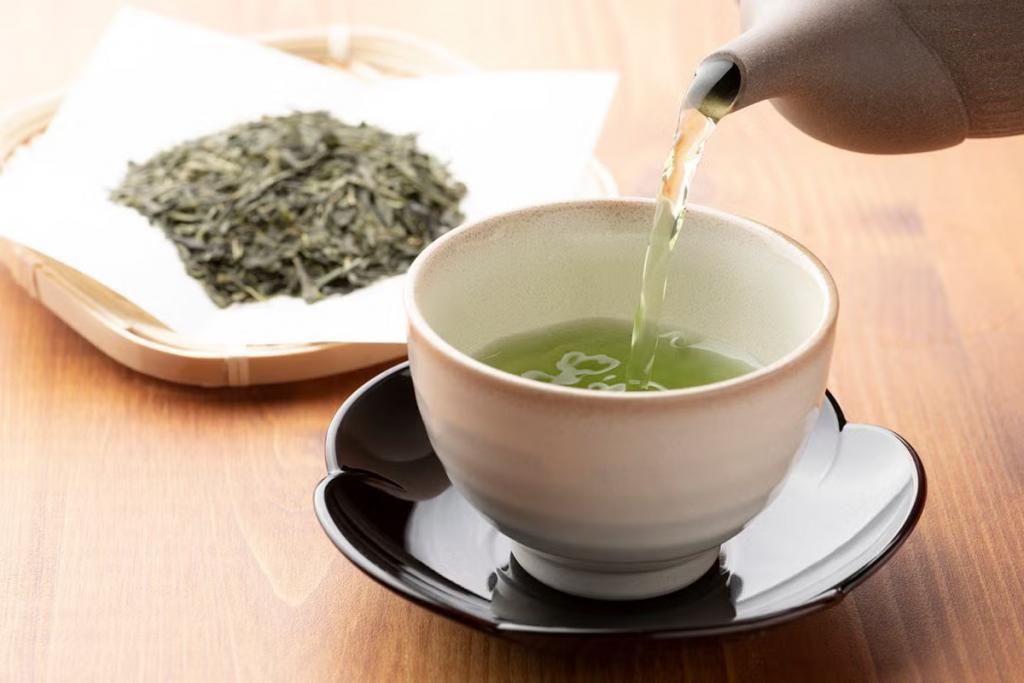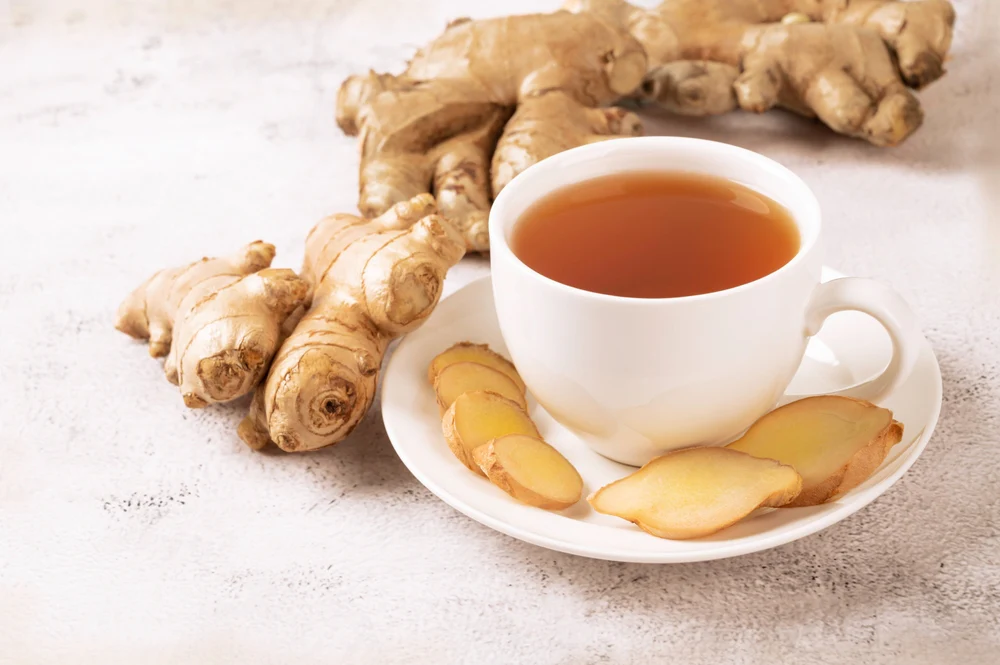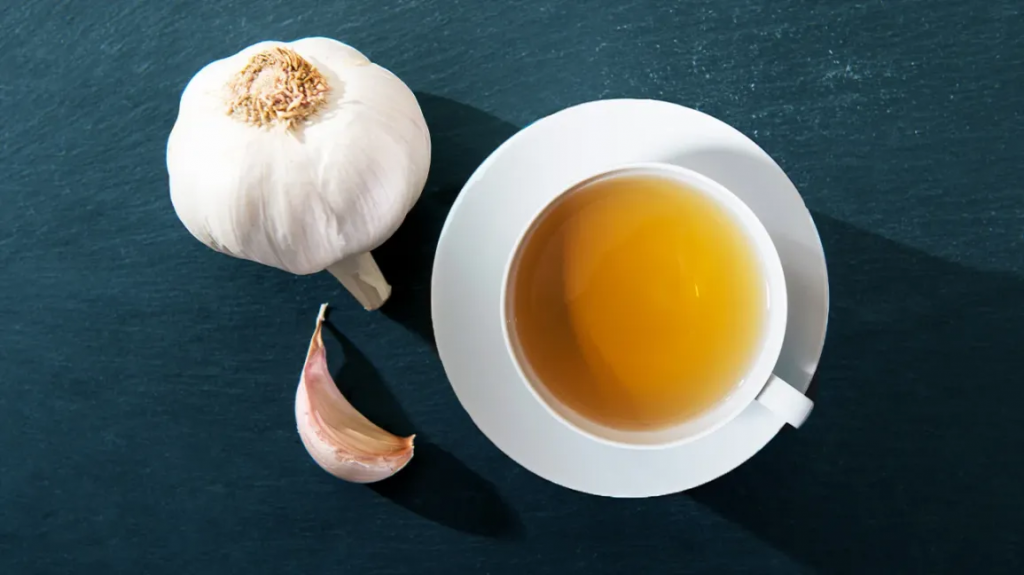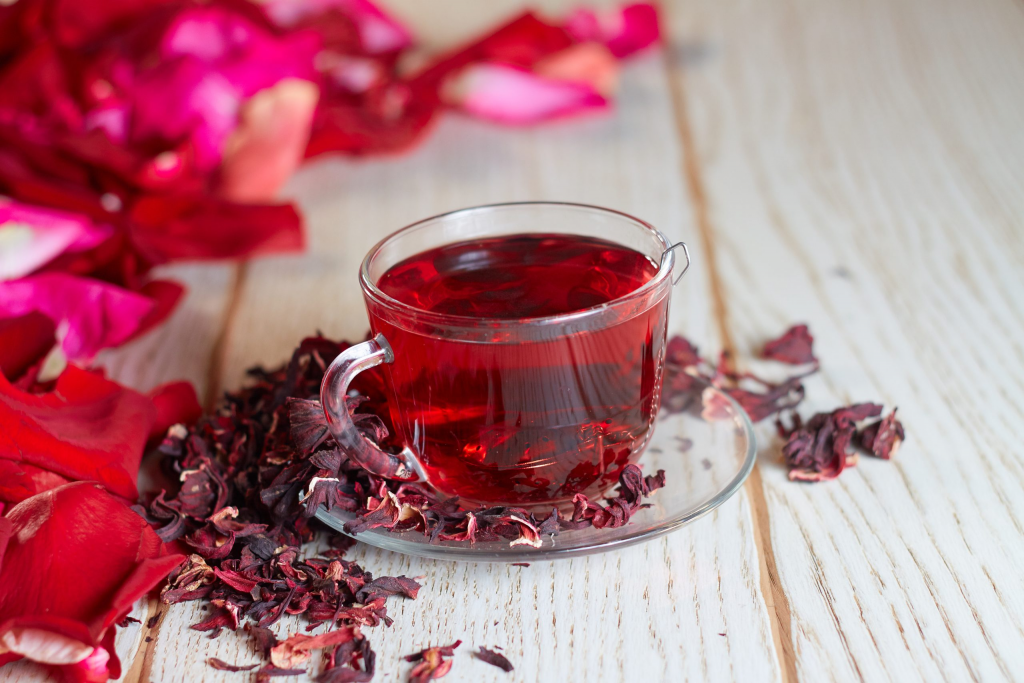Blood clots are among the most serious hidden health risks for adults over 50. According to the CDC, nearly 900,000 Americans experience blood clot-related conditions each year, and close to 100,000 deaths are linked to clot complications. Aspirin has long been promoted as a preventive measure, but its long-term use can sometimes cause side effects like stomach bleeding or ulcers. This leaves many people wondering if there are safer, natural alternatives that support circulation without the risks.
The answer may be sitting in your kitchen cabinet. For centuries, different cultures have relied on teas not only for comfort but also for their medicinal benefits. Modern research now confirms what traditional medicine has known for generations: certain teas contain natural compounds that may help improve blood flow, support artery health, and reduce clot risk. If you’re over 50 and looking for ways to protect your heart and vessels, learning about these teas could change your daily routine in a powerful way.

Why Healthy Circulation Matters More After 50
As the body ages, changes in metabolism, hormone levels, and physical activity can make blood vessels less flexible. Combined with lifestyle factors such as sedentary habits, poor diet, and stress, this increases the risk of clot formation.
Key risk factors for blood clots after 50
- Reduced physical activity and prolonged sitting
- High cholesterol and elevated blood pressure
- Diabetes or insulin resistance
- Obesity and excess abdominal fat
- Family history of clotting disorders
- Smoking and alcohol use
Why aspirin isn’t always the safest choice
Aspirin works by thinning the blood and reducing platelet activity, which helps prevent clots. However, medical studies in recent years show that daily aspirin use, especially in adults over 50 without heart disease, may not always be beneficial. The risk of gastrointestinal bleeding, ulcers, and kidney strain has made many doctors more cautious about recommending it. This is why more people are turning to natural, food-based approaches like teas to complement their preventive efforts.
Teas That May Help Prevent Clots Naturally
Green tea: The antioxidant powerhouse

Green tea is rich in catechins, particularly epigallocatechin gallate (EGCG), which supports endothelial health and helps blood vessels stay flexible. Several studies suggest green tea can improve cholesterol profiles and reduce clotting risk. Drinking two to three cups daily may provide steady support for circulation.
Black tea: Strong flavor, strong benefits
Black tea contains flavonoids that support artery health and improve circulation. A 2012 study found that regular black tea consumption lowered blood pressure and enhanced vascular function in adults at risk of heart disease. For those who enjoy a bold, comforting taste, black tea is both satisfying and heart-friendly.
Ginger tea: A natural anti-clot agent
Ginger contains compounds that reduce platelet aggregation—the process where blood cells clump together to form clots. Beyond circulation, ginger also reduces inflammation and aids digestion, making it a versatile choice for daily wellness.

Turmeric tea: Curcumin’s golden touch
Curcumin, the active compound in turmeric, is known for its anti-inflammatory and antioxidant effects. It may support endothelial function and lower clot risk. To maximize absorption, combine turmeric with a pinch of black pepper when brewing tea.
Hibiscus tea: Gentle on blood pressure
Hibiscus tea has been shown in clinical studies to reduce systolic blood pressure, easing strain on arteries. Since high blood pressure is a major contributor to clot risk, hibiscus tea offers double benefits: a refreshing taste and cardiovascular support.
Garlic tea: An ancient remedy
Garlic contains allicin, a compound linked to reduced clot formation and improved cholesterol levels. Garlic tea is less common but increasingly popular among those who want natural cardiovascular support.

How to Incorporate These Teas into Daily Life
Consistency is more important than intensity when it comes to tea benefits.
- Morning routine: Replace coffee with green or black tea for a gentle energy lift.
- Afternoon refreshment: Opt for ginger or turmeric tea for anti-inflammatory support.
- Evening calm: Choose hibiscus or garlic tea, both naturally caffeine-free, to relax while supporting circulation.
Combining different teas throughout the week provides a wider range of nutrients and prevents flavor fatigue.
Real-Life Experiences With Circulation Teas
Sarah, 64, Florida
Sarah used to rely on daily aspirin but experienced stomach irritation. After consulting her doctor, she added green tea in the morning and hibiscus tea at night. She noticed her blood pressure improved, and she felt more energetic throughout the day.
Robert, 59, New York
Robert began drinking ginger and turmeric teas after a family history of clotting issues. Over time, he reported better digestion and improved cholesterol markers during his annual check-up.
Mei, 70, California
Mei incorporated garlic tea into her diet three times a week. She found that not only did her circulation improve, but her legs felt less swollen after long walks.

Comparing Teas and Aspirin
| Factor | Aspirin | Herbal Teas |
|---|---|---|
| Primary function | Thins blood, prevents clots | Supports circulation, reduces clot risk |
| Side effects | Stomach bleeding, ulcers | Minimal if consumed moderately |
| Cost | $5–$10 per month | $3–$15 per month depending on tea type |
| Added benefits | Limited | Antioxidants, lower blood pressure, improved digestion |
| Long-term safety | Risk increases with age | Safe for most adults |
Safety and Precautions
While teas are natural, they should be consumed responsibly.
- Do not replace prescribed blood thinners with teas without medical supervision.
- Limit caffeinated teas if you experience insomnia or heart palpitations.
- Avoid overuse—two to three cups daily is usually sufficient.
- Choose organic, pesticide-free teas for the best results.
- Consult your healthcare provider before making changes if you have chronic conditions.

Conclusion
Teas are not a cure, but they can be valuable allies in maintaining healthy circulation and reducing clot risks naturally after 50. From green tea’s antioxidants to turmeric and ginger’s anti-inflammatory powers, these simple beverages offer wide-ranging benefits without the complications of long-term aspirin use.
Frequently Asked Questions
Can tea completely replace aspirin?
No, tea cannot replace prescribed medications. It can only complement your overall wellness plan.
Which tea is the most effective for circulation?
Green tea and ginger tea are widely studied and offer consistent benefits, though variety provides a broader effect.
Is it safe to drink tea every day?
Yes, moderate daily tea consumption is considered safe for most adults.
Should I stop aspirin if I switch to teas?
Never stop medication without consulting your healthcare provider.
This content is for informational purposes only and does not substitute professional medical advice.




